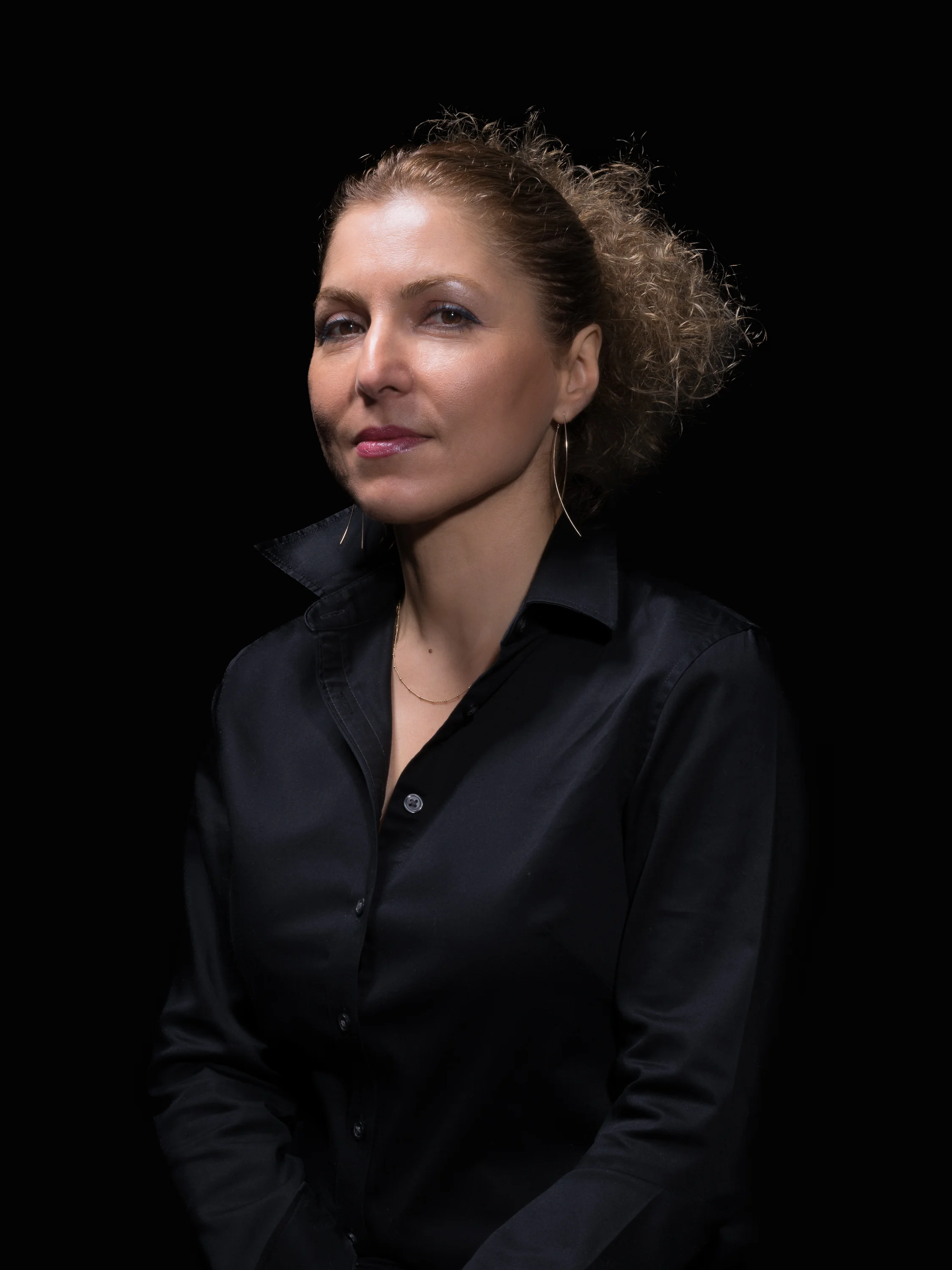
Anousheh Ansari
Engineer. Executive. First female Iranian to space.
She also happens to be the co-founder and chairman of Prodea Systems. As a teenager, she immigrated to the U.S. When she arrived she couldn't speak English. That didn't stop her from eventually getting a bachelor's degree in electronics and computer engineering from George Mason University. Nor did it hold her back from following that up with a master's degree in electrical engineering from George Washington University.
Most notably, for me, Anousheh and her family were the ones to put up the title sponsorship for the Ansari X Prize, which awarded a $10 million prize to the first non-governmental organization to successfully launch a reusable piloted spacecraft into space twice within two weeks. This feat was accomplished by Spaceship One, which was funded by Paul Allen, designed by Burt Rutan and built by Rutan's company, Scaled Composites. The first flight was piloted by Mike Melvill on September 27th, 2004. The second was piloted by Brian Binnie on October 4th, 2004, and attained a max altitude of 377,591 feet. What's signficant about that is that it broke a 41 year-old record held by the X-15, which was a plane built by a U.S. government funded program that was similar in nature.
The reason that I share that bit about the history of these flights isn't just because they are connected to the Ansari X Prize. More specifically, and, in my opinion, more timely, is the point here that an Iranian immigrant not only went on to succeed academically and as a business person, but that that immigrant is a woman who's helped incentivize an industry that relates directly to the stature of innovation, invention, and exploration in America.
Anousheh and I first met in New York City, where I was photographing an event for Bloomberg and she was part of a panel discussion about the evolution of the space industry. I later reached out to ask if she would participate in my project focusing on inspirational women and, as luck would have it, she was due to be in San Francisco as a keynote speaker for one of the many events that she's asked to attend. Part of the challenge of this project has been negotiating time with people who, frankly, have little to spare, which made it even more humbling that she agreed (not to mention nerve-racking. The last thing you want to do is waste the time of someone who's motivated enough to have gotten themselves into space). To add to the feeling of being humbled, my assistant on this shoot was none other than Jason Henry, who shoots regularly for The Wall Street Journal and The New York Times, and from whom I've learned a great deal in a short time about being a better photographer. Thank you, Jason.
Anousheh was kind enough to give me an hour of her time and during that time I learned two things. The first is that you should never, ever, plan a portrait shoot in the garage of a hotel during a shift change. The second was a kind of confirmation. We talked briefly about what it's like to go to space. As someone who's been captivated by the idea since childhood it was mind-bending to be speaking to someone that's actually had the experience.
To put a pin in that last statement, I brought with me the original copy of my hometown newspaper from when The Challenger exploded. It still affects me. January 28th, 1986. I was six years old. Christa McAuliffe was aboard that shuttle. She would have been the first teacher in space. McAuliffe wasn't the only woman on the shuttle. Judith Arlene Resnik, who was the first American Jewish astronaut and the second American woman in space (and also the daughter of immigrants) was also aboard.
The risks involved in space flight, deep space, and planetary exploration, are enormous and it's easy to criticize as being a waste of money and resources. Yet I fundamentally agree with Ray Bradbury, that "Space travel [will again make] children of us all." When I asked Anousheh what it was like to be out there, looking back at earth, there was a noticeable shift in her attention, as if, in some way, that was the most important question I could have asked. She echoed the sentiment I've read, which is that the trip to space will make you deeply appreciate the earth as your home.
Toward the end of our time together I asked her if she ever thinks about going back.
"All the time," she said.
Read about another Woman of Note